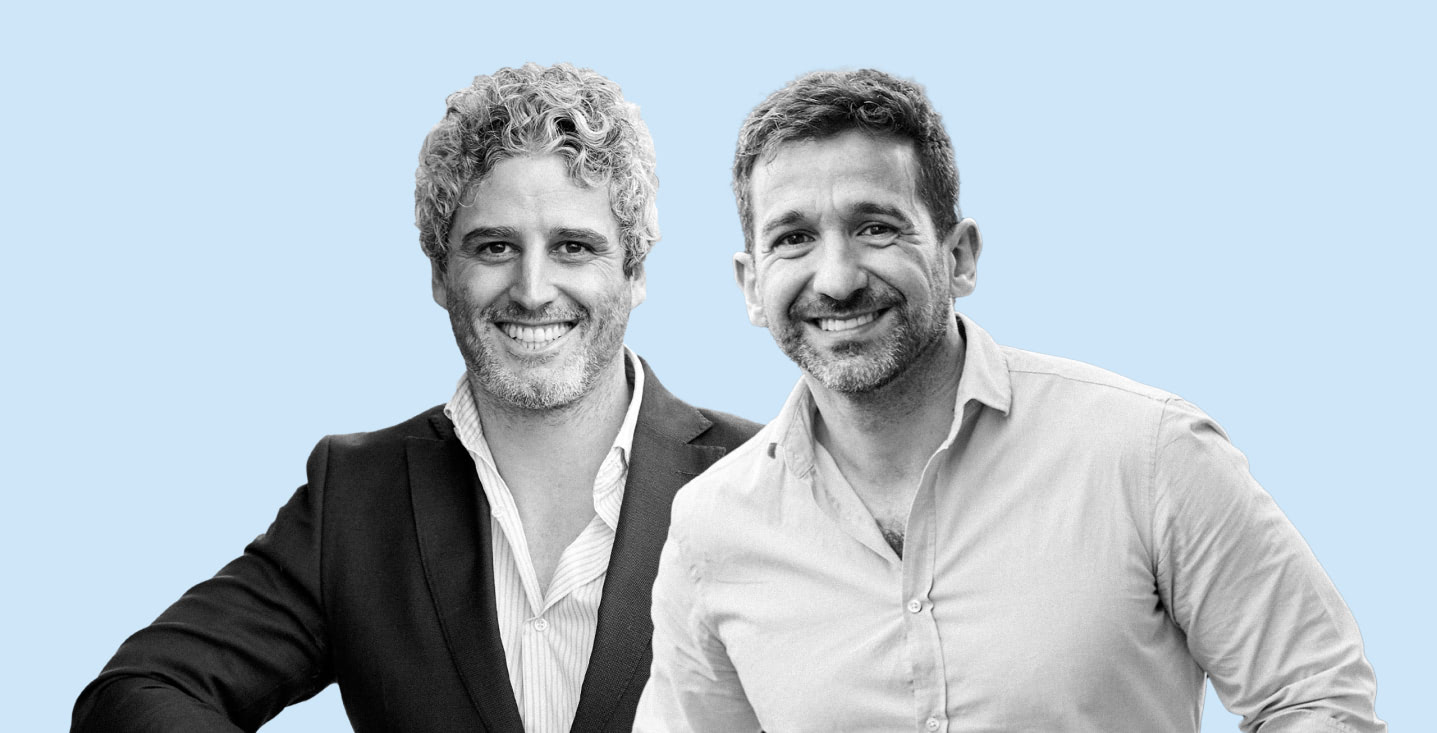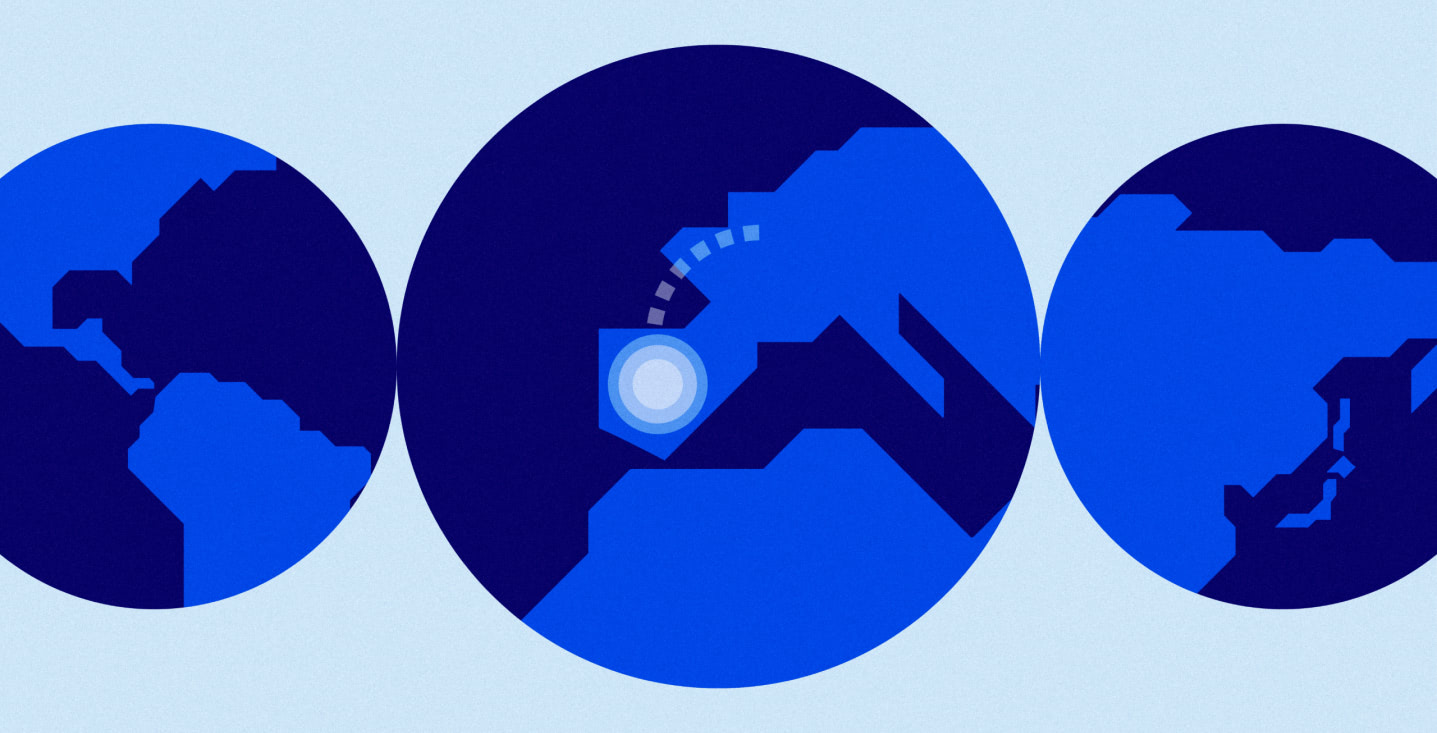25/11/2022
Now more than ever, organizations are looking for professionals with strong economics and financial backgrounds who can take on the growing complexity in our global economy. We take a look at the current job landscape in the finance and economics sectors.
Professionals who graduate with master’s degrees in economic and financial fields are increasingly sought after for their analytical and research skills. In fact, the demand for economists is projected to increase by 6% from 2021 to 2031, faster than the total average of 5% for all occupations.
The finance and economic sectors are in constant motion, requiring professionals who are equipped with the tools and resources to adapt quickly to change. It’s an exciting time for leaders who are ready to drive disruption. Let’s take a look at what jobs economics and finance graduates can seek out after graduation.
Career options in finance and economics
Professionals who level up their skill set in finance have the opportunity to work in a wide range of sectors, including government agencies and international organizations like the United Nations or World Bank, but a large majority of graduates in the field are seeking careers in the private sector.
The top private-sector industries for those with degrees in economics or finance include:
– Finance
Many graduates with a degree in finance go on to work in roles relating to finance and insurance, where their expert skills in analyzing data and reviewing vast amounts of information can truly shine. Positions range from financial accounting and tax planning to high-frequency trading and private banking. And, because economists are so in demand in this industry, the salary is quite competitive.
– Consulting
Businesses and agencies are constantly looking to recruit data-driven talent. Economics and finance professionals who can interpret market trends and make sense of the complexities of social science are a huge asset to any organization.
As a consultant, your ability to inform organizations on their financial status and propose solutions to any issues would be highly valued.

Professionals who decide to upskill with a master’s degree can go on to work in management, technology or consulting services in top firms, giving them the potential to make a lasting impact at the company, as well as on their future salary.
How does a master’s degree improve your employability?
It’s often necessary for an economist or finance professional to have a master’s degree, particularly for anything beyond an entry-level position in business or international organizations.

A master’s in finance sets you apart from other candidates. It demonstrates to employers you possess both refined academic skills and applicable real-world experience.
From financial analytics and digital finance to asset management and real estate & alternative investments, the demand for economists and finance professionals continues to increase.
At a time when the world is encountering unprecedented technological and social change, leaders are looking to economics. In 2017, the Nobel Peace Prize was awarded to Richard Thaler for his groundbreaking work in behavioral economics.
Studying a master’s degree in economics or finance allows you to explore this complex social science with industry experts and academics who are quickly moving toward the future in their field.

IE University offers a Master in Finance and a Master in Applied Economics. Both degrees feature hands-on learning from dynamic leaders from all corners of the financial and economic worlds: public policy, consulting, investment banking, private equity, capital markets and more. No matter which path you decide to follow, our programs will equip you with the hands-on knowledge that is vital to advancing your career.








